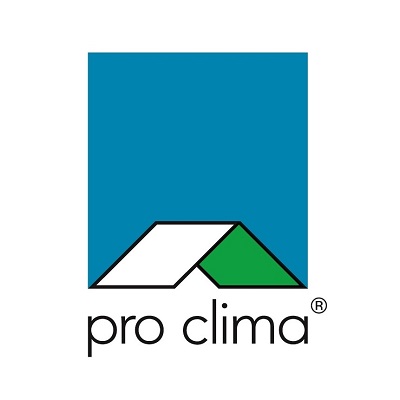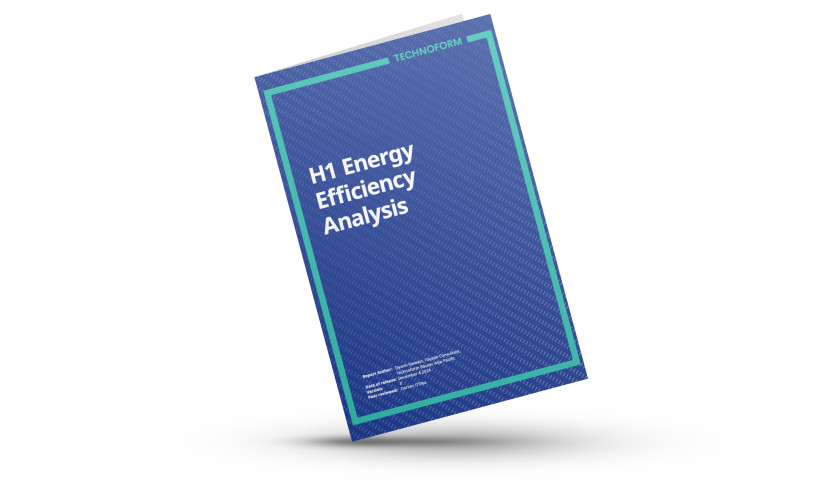
While the goal of thermally insulated windows and doors is to reduce operational carbon by minimising energy consumption, a recent study commissioned by Technoform reveals that there’s a bit more to the equation.
While the R values of windows and doors are measured and reported, what hasn’t been measured previous to this study was the upfront carbon — or in layman's terms, the amount of carbon generated throughout the full life cycle of a building. Technoform’s objective with the study was to help New Zealanders understand the environmental impact of imported house lots of windows and doors (either pre manufactured or as components) vs specifying New Zealand manufactured products.
The study compared houselots of windows and doors for two dwelling types (a detached dwelling and a townhouse) specified with frame materials of Thermally Broken Aluminium separated by two rigid polyamide strips and Unplasticised Polyvinyl Chloride (“uPVC”) with steel reinforcement.
The supply chains modelled in Technoform’s study were:
- Manufactured in China and shipped to New Zealand
- Manufactured in Germany and shipped to New Zealand
- Manufactured in New Zealand using NZ produced thermally broken aluminium
Because international shipping is typically not included in carbon emission calculations, the true impact of importing products that can be sourced locally has slipped under the radar, but the study clearly shows this is something that Kiwis need to re-look at if we truly want to lower the carbon emissions of the construction industry.
Not surprisingly the results were sobering, with the imported product releasing up to 140% more CO2-eq per m² of construction — a carbon footprint that’s extremely hard to claw back from the energy efficiency gained from a quality insulated fenestration system, regardless of how good it is.
Technoform now has the data on hand to support the industry and consumers to make more informed choices, and in a win-win result, those better choices have a positive impact not only on the environment, but for the New Zealand economy too.
Click here to download the report
Report author: Dyann Stewart - DPS Consulting
Peer reviewed: Thinkstep-anz











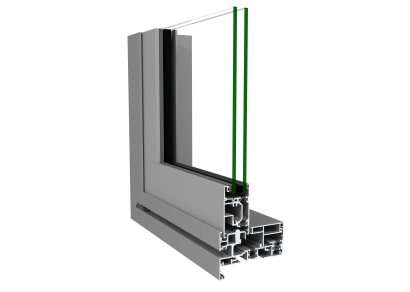
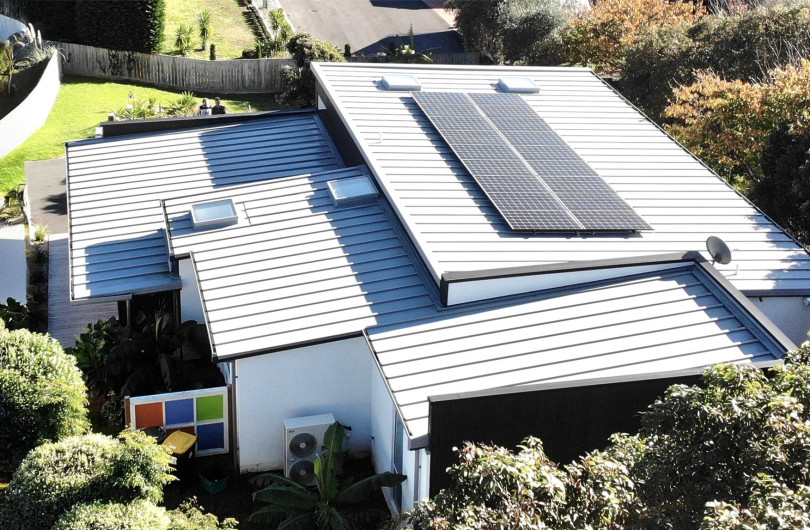
 New Products
New Products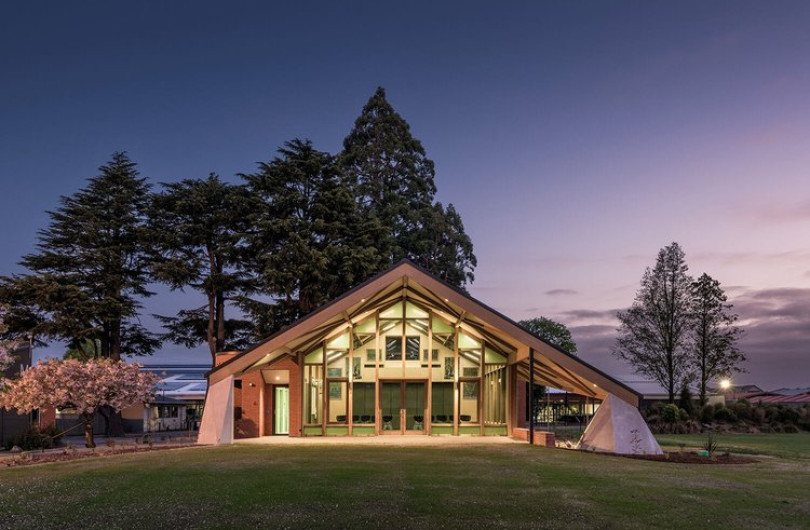


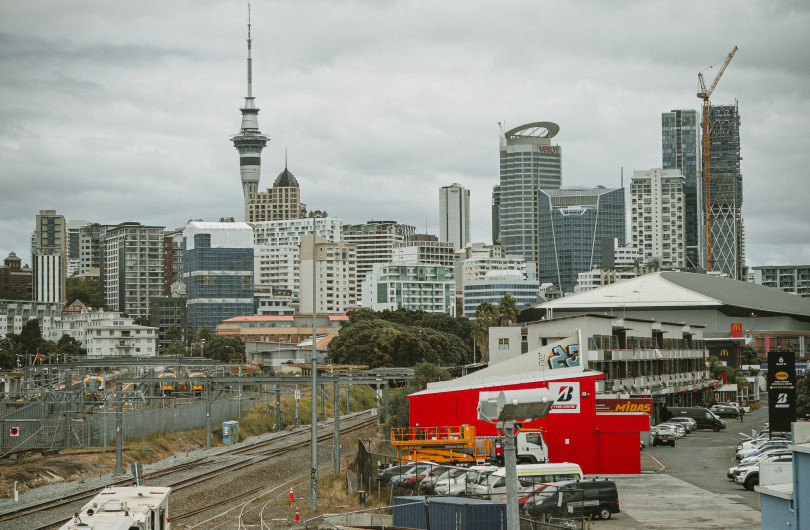

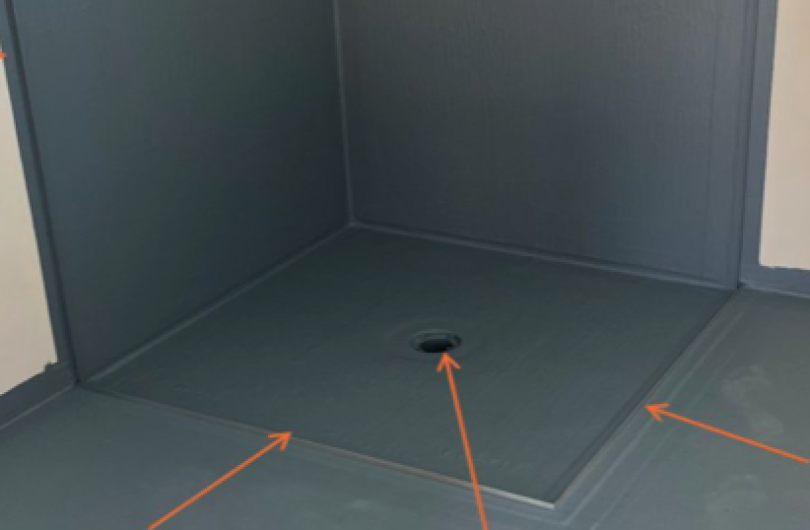




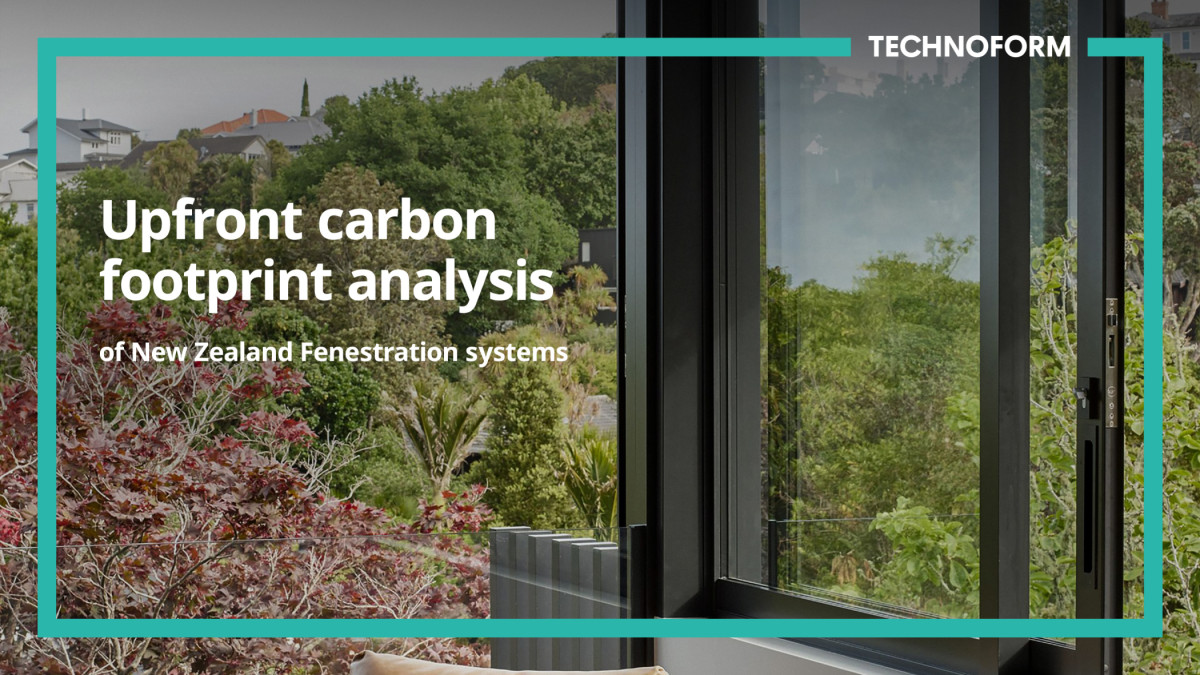


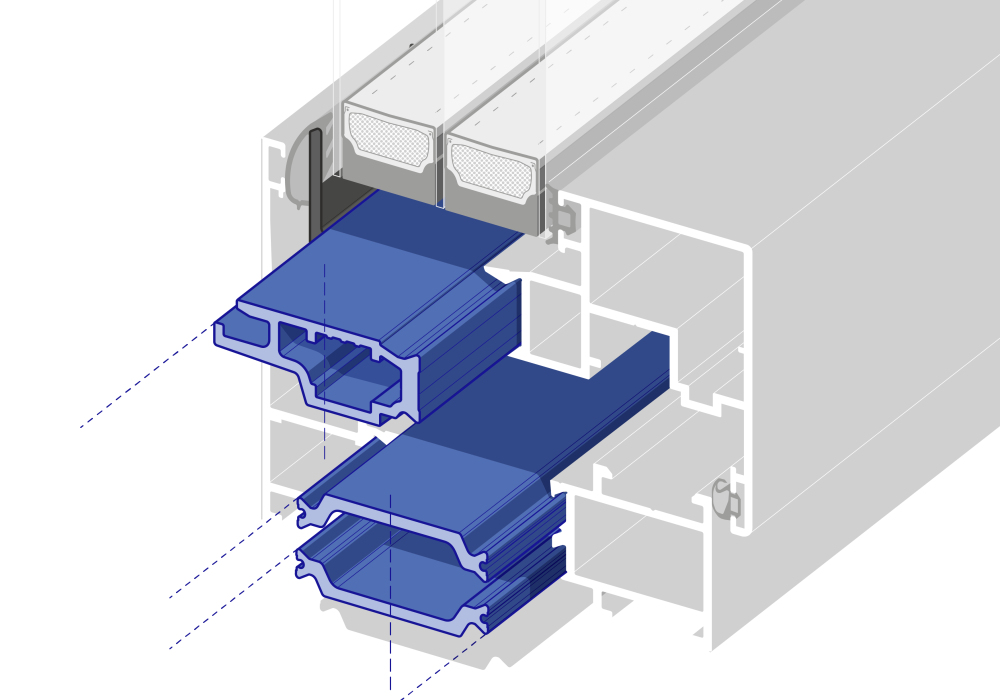


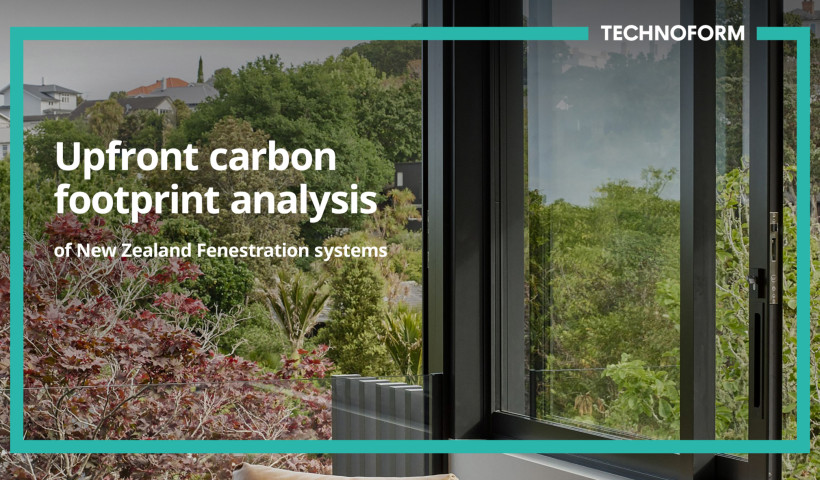
 Popular Products from Technoform
Popular Products from Technoform


 Most Popular
Most Popular


 Popular Blog Posts
Popular Blog Posts